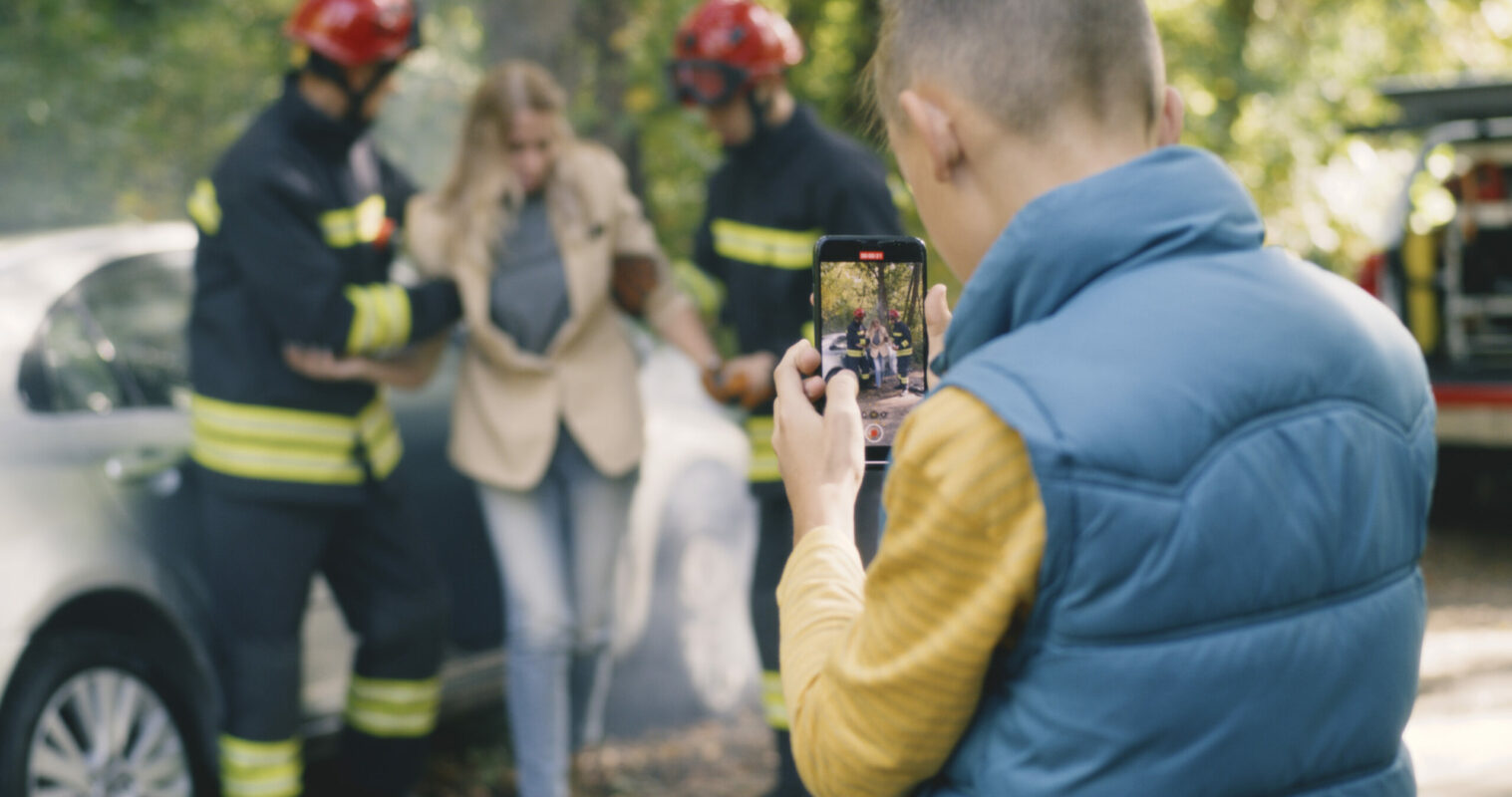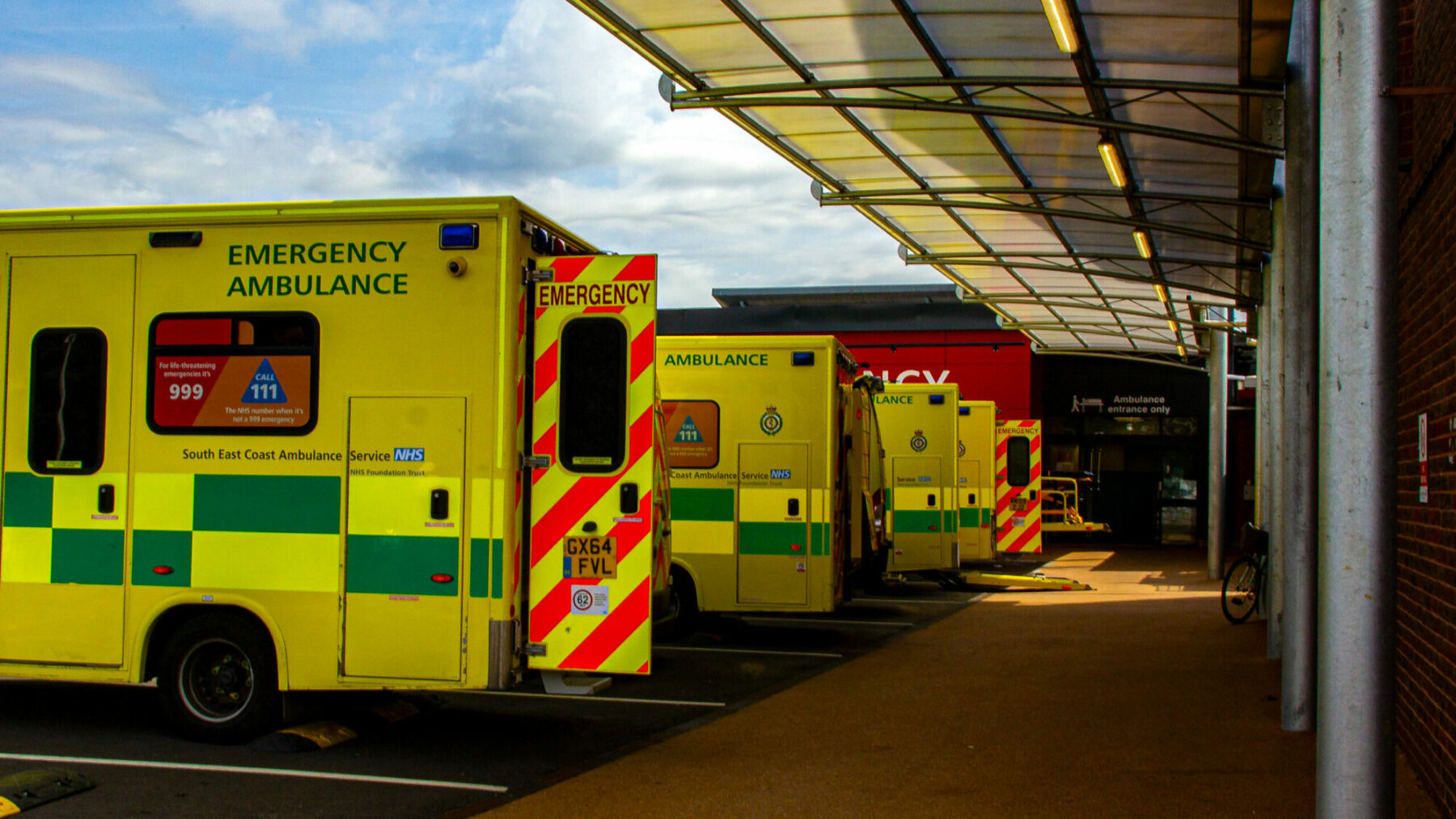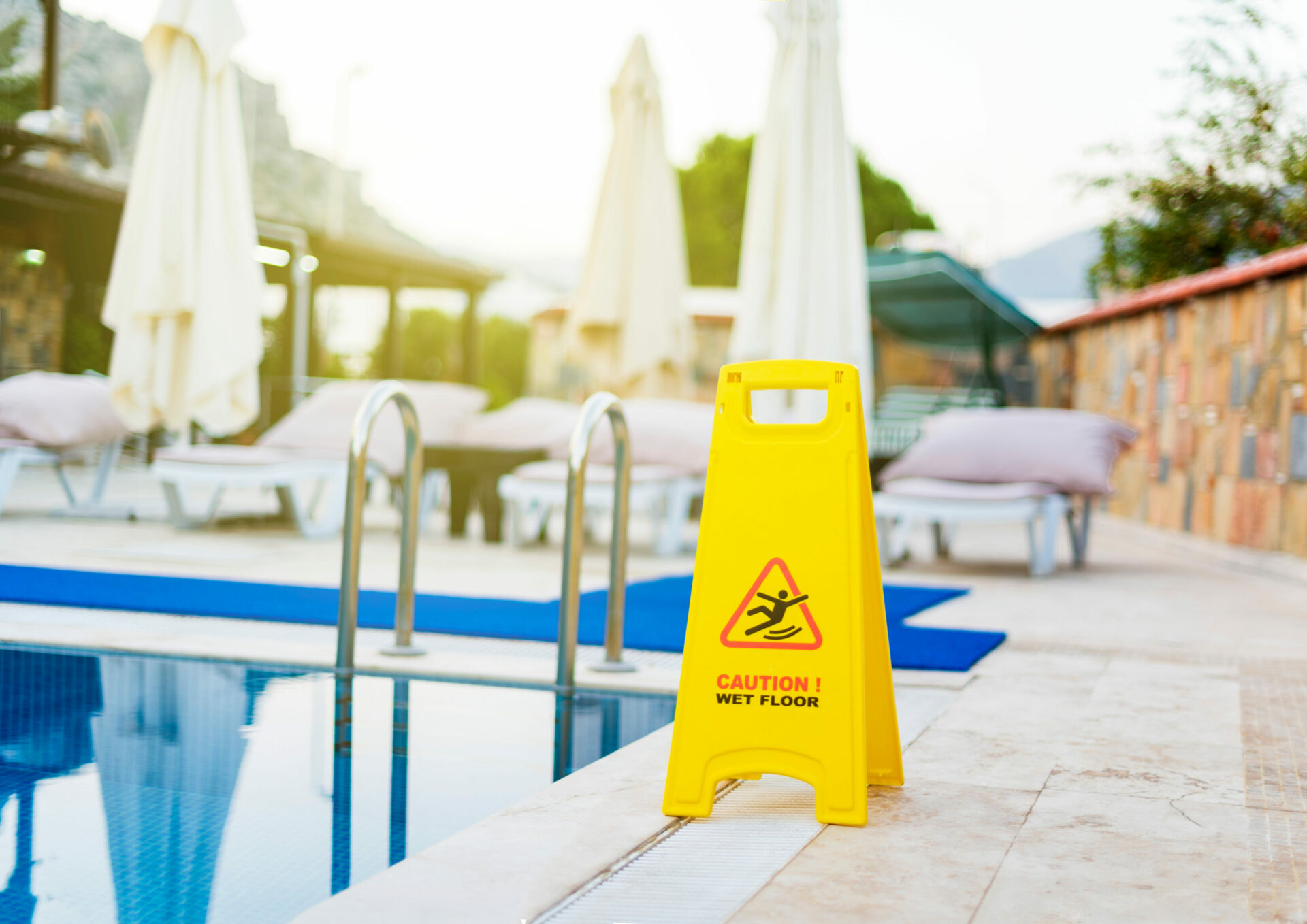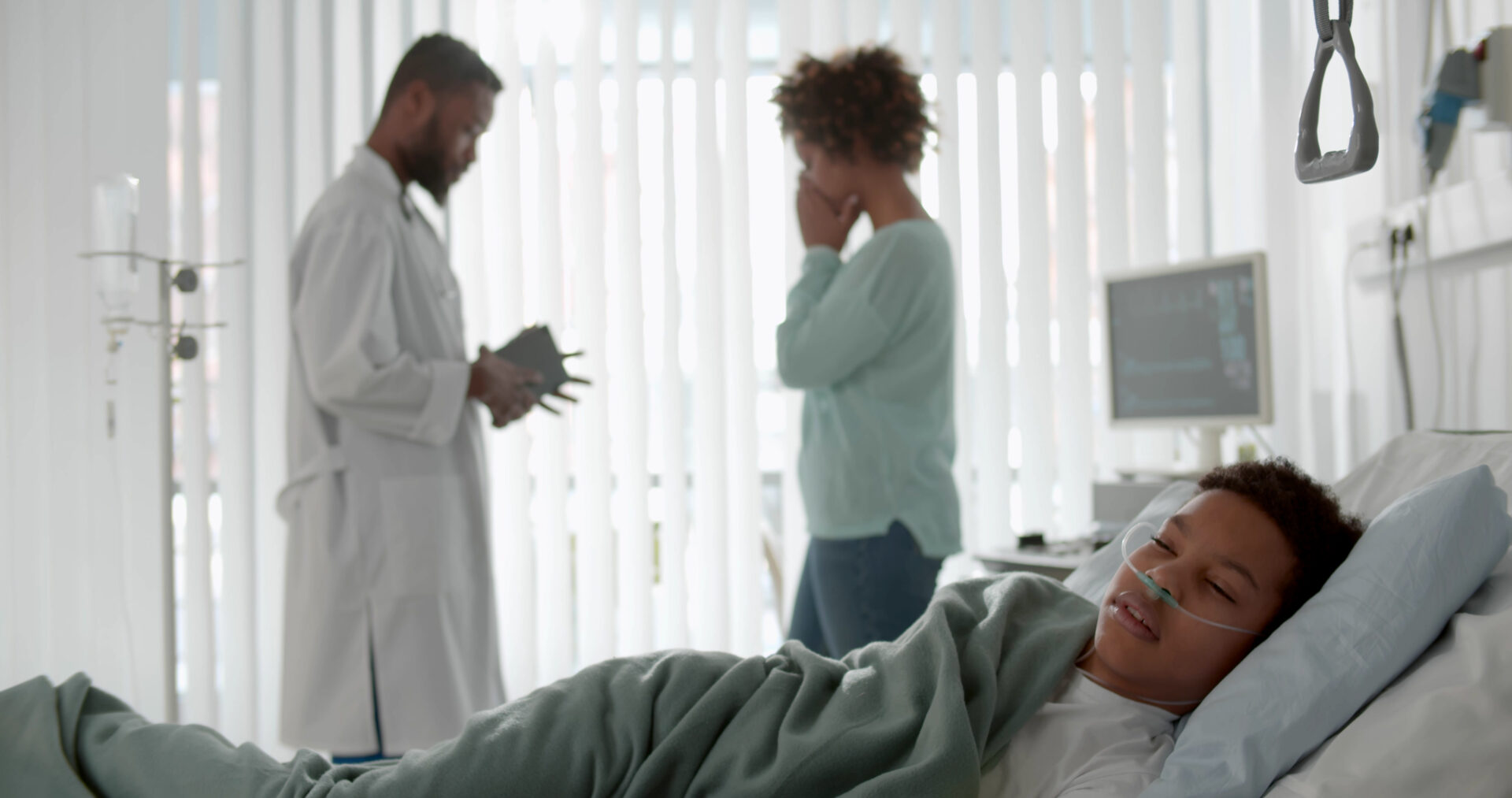
The issue of mental health has, thankfully, been receiving a great deal of attention lately. The Duke and Duchess of Cambridge and Prince Harry have made campaigning for young people’s mental health as one of their main focal points. In addition, charities such as Heads Together and SANE have made enormous inroads into bringing the importance of maintaining mental health to the forefront and supporting sufferers.
Damage to mental health can be the result of a severe psychiatric injury, either as the primary victim of an accident or as a secondary victim after witnessing a traumatic event.
If you have received a psychiatric injury after an accident caused by the negligence of another, you may be able to claim compensation. Psychiatric injuries can take on many forms, including:
- Anxiety
- Depression
- Post-Traumatic Stress Disorder (PTSD)
- Suicidal thoughts
- Anger and/or mood swings
The symptoms of psychiatric personal injury can last for just a few short weeks, or may be permanent, completely changing the course of the victim’s life.
Primary victims
A primary victim is someone who was directly involved in the incident that caused their psychiatric injury. In most cases, the victim would have received physical injuries as well.
The following may qualify as a primary victim:
- Direct involvement – the victim was in the immediate area of the incident or reasonably believed ‘at the time’ that they were in danger.
- Rescuers – to claim compensation, a rescuer must have believed they were in immediate danger.
- Unwilling participant – the victim unwittingly caused the death or injury of another because of the defendant’s negligence. Again, the victim must have been or had reason to believe they were in imminent danger.
It is important to note that in W v Essex County Council?[2000] 2 All ER 237, the House of Lords made clear the current categories of primary victims are not closed, and others may be established.
Secondary victims of psychiatric injury
Claiming compensation for a psychiatric injury as a secondary victim, i.e. a person who has witnessed a traumatic event in which people were injured or killed but was not directly involved, can be complex and hence expert legal advice is required.
The lead case governing the law of secondary victims of psychiatric injury is Alcock v Chief Constable [1991] 4 All ER 907. This case arose out of the Hillsborough football stadium tragedy in Sheffield during the FA Cup semi-final match between Liverpool and Nottingham Forest in 1989. South Yorkshire Police had been given the responsibility of managing crowd control at the game. They were found to have been negligent in directing unreasonably large numbers of fans to one end of the stadium which caused a fatal crush in which 95 people lost their lives, and over 400 were injured. The scenes of death and devastation were broadcast live on television and repeated on news broadcasts. Sixteen claims were brought against the Chief Constable for nervous shock resulting in psychiatric injury. At trial, ten of the claims were successful.
The defendant appealed, and the case eventually reached the House of Lords.
At this stage, all claims were dismissed.
When making the decision, the House of Lords set out strict criteria in secondary victim claims to avoid opening the floodgates to thousands of claims from anyone who witnessed a traumatic event on television, or even from a distance. To be successful in a claim, a secondary victim must establish:
- a close tie of love and affection with the victim.
- that they were present at the accident or at its immediate aftermath.
- their psychiatric injury must have been caused by the direct perception of the accident or its immediate aftermath, and not by hearing about it second-hand
The House of Lords also stated the claimant must show that psychiatric injury was reasonably foreseeable as a likely consequence of exposure to the trauma of the accident or its immediate aftermath. It also added the law expects reasonable robustness and fortitude from citizens and will not impose liability simply because the claimant was of a nervous disposition or mentally frail. In addition, to successfully claim, the secondary victim must suffer a ‘sudden shock’ to the system.
The House of Lords held that claims by the ordinary bystander who witnesses injury or the risk of injury to a stranger will ordinarily fail either on the basis that:
- such persons must be assumed to be to have the mental fortitude to cope with traumatic events that can and do occur in life, and
- defendants cannot be expected to compensate any person who can establish that they have suffered psychiatric injury because they witnessed a tragic and shocking event
However, Lord Justice Ackner stated in Alcock v Chief Constable?that a successful claim could be made if it was reasonably foreseeable by the defendant that “shock-induced psychiatric harm” would be suffered by a passer-by, if the circumstances were such that a reasonably strong-nerved person would have been shocked. He gave the example of a petrol tanker careering out of control into a school, and bursting into flames, killing and injuring children.
As mental health is given greater focus and the ‘stiff upper lip’ attitude and culture, which has led some people, especially men, to feel shame in admitting they are struggling to cope after witnessing a traumatic incident, is eroded, it will be interesting to see how the courts view Lord Justice Ackner’s words 27 years on. It may be the court’s threshold as to what constitutes mental fortitude has softened in line with modern culture and understanding of mental health. However, any change in attitude will always need to be balanced against the concern of opening the floodgates to claimants which could result in an unfair burden on the defendant.
Claiming compensation for psychiatric injury
If you have suffered a psychiatric injury, either as a primary or secondary victim, it is crucial to establish whether you have a valid claim. A psychiatric injury can have life-long consequences on a victim’s ability to earn a living and function normally in society.
If you are experiencing mental health issues and need to talk to someone, you can contact the Samaritans 24/7 on 116 123 or visit their website https://www.samaritans.org.
Please note, this blog does not constitute legal advice. Saracens Solicitors is a multi-service law firm based in Central London. We have a multi-lingual and highly experienced personal injury law team who have the expertise required to advise and represent you if you wish to claim compensation. For more information, please call our office on 020 3588 3500.
Do you have any comments to make on this blog? Please feel free to add your thoughts below.
Table of content
Recent Posts
Can You Put Digital Assets In A Trust? – How To Protect Your Digital Estate
In an era where our lives are increasingly played out [...]
Securing Legal Immigration Status After 20 Years in the UK
Gaining lawful immigration status after spending two decades in [...]
UK’s FCA Update: Stablecoins & Crypto Custody
The world of money is changing fast, and nowhere [...]








